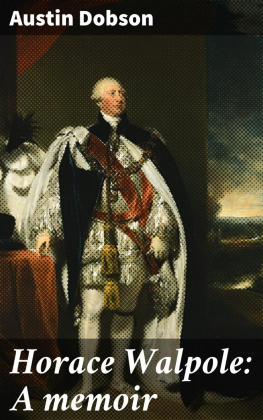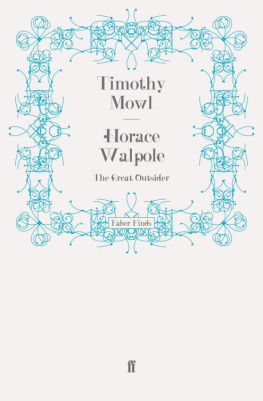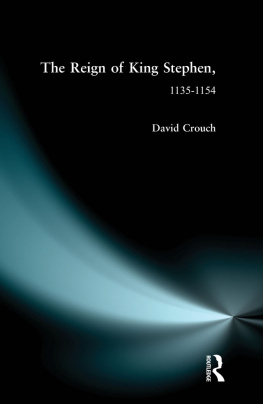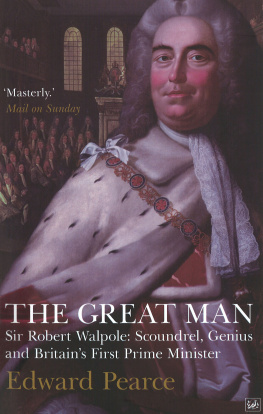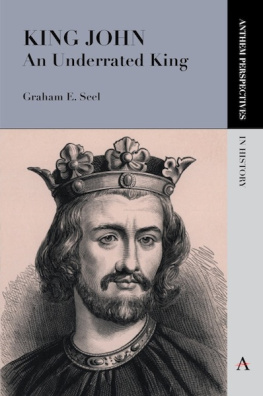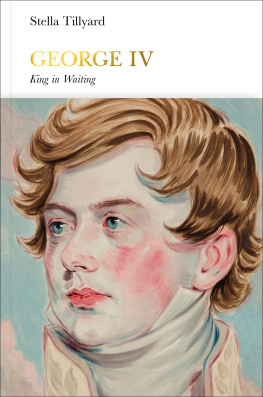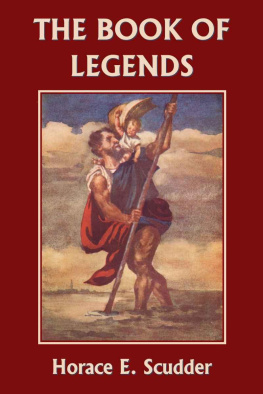EDITORS
PREFACE.
The work now submitted to the public is printed from a Manuscript of the late Horace Walpole, Earl of Orford.
Among the papers found at Strawberry Hill, after the death of Lord Orford, was the following Memorandum, wrapped in an envelope, on which was written, Not to be opened till after my Will.
In my Library at Strawberry Hill are two wainscot chests or boxes, the larger marked with an A, the lesser with a B. I desire, that as soon as I am dead, my Executor and Executrix will cord up strongly and seal the larger box, marked A, and deliver it to the Honourable Hugh Conway Seymour, to be kept by him unopened and unsealed till the eldest son of Lady Waldegrave, or whichever of her sons, being Earl of Waldegrave, shall attain the age of twenty-five years; when the said chest, with whatever it contains, shall be delivered to him for his own. And I beg that the Honourable Hugh Conway Seymour, when he shall receive the said chest, will give a promise in writing, signed by him, to Lady Waldegrave, that he or his Representatives will deliver the said chest unopened and unsealed, by my Executor and Executrix, to the first son of Lady Waldegrave who shall attain the age of twenty-five years. The key of the said chest is in one of the cupboards of the Green Closet, within the Blue Breakfast Room, at Strawberry Hill, and that key, I desire, may be delivered to Laura, Lady Waldegrave, to be kept by her till her son shall receive the chest.
(Signed) Hor. Walpole , Earl of Orford.
August 19, 1796.
In obedience to these directions, the box described in the preceding Memorandum was corded and sealed with the seals of the Honourable Mrs. Damer and the late Lord Frederick Campbell, the Executrix and Executor of Lord Orford, and by them delivered to the late Lord Hugh Seymour, by whose Representatives it was given up, unopened and unsealed, to the present Earl of Waldegrave, when he attained the age of twenty-five. On examining the box, it was found to contain a number of manuscript volumes and other papers, among which were the Memoirs now published.
Though no directions were left by Lord Orford for the publication of these Memoirs, there can be little doubt of his intention that they should one day or other be communicated to the world. Innumerable passages in the Memoirs show they were written for the public. The precautions of the Author to preserve them for a certain number of years from inspection, are a proof, not of his intention that they should remain always in the private hands of his family, but of his fears lest, if divulged, they might be published prematurely; and the term fixed for opening the chest seems to mark the distance of time when he thought they might be made public without impropriety. Ten years have elapsed since that period, and more than sixty years since the last of the historical events he commemorates in this work. No man is now alive whose character or conduct is the subject of praise or censure in these Memoirs.
The printed correspondence of Lord Orford contains allusions to this work. In a letter written in 1752, who had threatened him in jest with a Messenger from the Secretarys Office to seize his papers, after a ludicrous account of the alarm into which he had been thrown by the actual arrival of a Kings Messenger at his door, he adds, however, I have buried the Memoirs under the oak in my garden, where they are to be found a thousand years hence, and taken, perhaps, for a Runic history in rhyme.
The Postscript, printed in this edition at the end of the Preface, but annexed by the Author to his Memoirs of the year 1751, evidently implies, that what he had then written was destined for publication. It is addressed in the usual style of an author to his reader, and contains an answer to objections that might be made to him. In this answer or apology for his work he justifies the freedom of his strictures on public men, vindicates the impartiality of his characters and narrative, claims the merit of care and fidelity in his reports of parliamentary proceedings, and explains the sources of information from which he derived his knowledge of the many private anecdotes and transactions he relates.
In the beginning of his Memoirs of 1752, he again speaks of his work as one ultimately destined for the public. I sit down, he says, to resume a task, for which I fear Posterity will condemn the Author, at the same time that they feel their curiosity gratified.
Many other passages might be quoted that imply he wrote for Posterity, with an intention that at some future time his work should be given to the public. These sheets, he remarks, were less intended for a history of war than for civil annals. Whatever tends to a knowledge of the characters of remarkable persons, of the manners of the age, and of its political intrigues, comes properly within my plan. I am more attentive to deserve the thanks of Posterity than their admiration.I am no historian, he observes in another place; I write casual memoirs, I draw characters, I preserve anecdotes, which my superiors, the historians of Britain, may enchase into their mighty annals, or pass over at pleasure.To be read for a few years is immortality enough for such a writer as me.Posterity, this is an impartial picture.
At the conclusion of his Memoirs of 1758, where the Author makes a pause in his work, and seems uncertain whether he should ever resume it or not, he again addresses himself to his readers in the style of an author looking forward to publication. If he should ever continue his work, he warns his readers not to expect so much intelligence and information in any of the subsequent pages as may have appeared in the preceding.During the former period, he goes on to observe, I lived in the centre of business, was intimately acquainted with many of the chief actors, was eager in politics, indefatigable in heaping up knowledge and materials for my work. Now, detached from these busy scenes, with many political connexions dropped or dissolved, indifferent to events, and indolent, I shall have fewer opportunities of informing myself or others.
He then proceeds to give a character of himself, and to lay open to his readers his nearest sentiments. He acknowledges some enmities and resentments, confesses that he has been injured by some, and treated by others with ingratitude, but assures his readers, as he probably thought himself, that he has written without bias or partiality, that affection and veneration for truth and justice have preponderated above all other considerations, and that when he has expressed himself of particular men with a severity that may appear objectionable, it was the unamiableness of the characters he blames that imprinted the dislikes, to which he pleads guilty. Can it be supposed, he asks, that he would sacrifice the integrity of these Memoirs,



